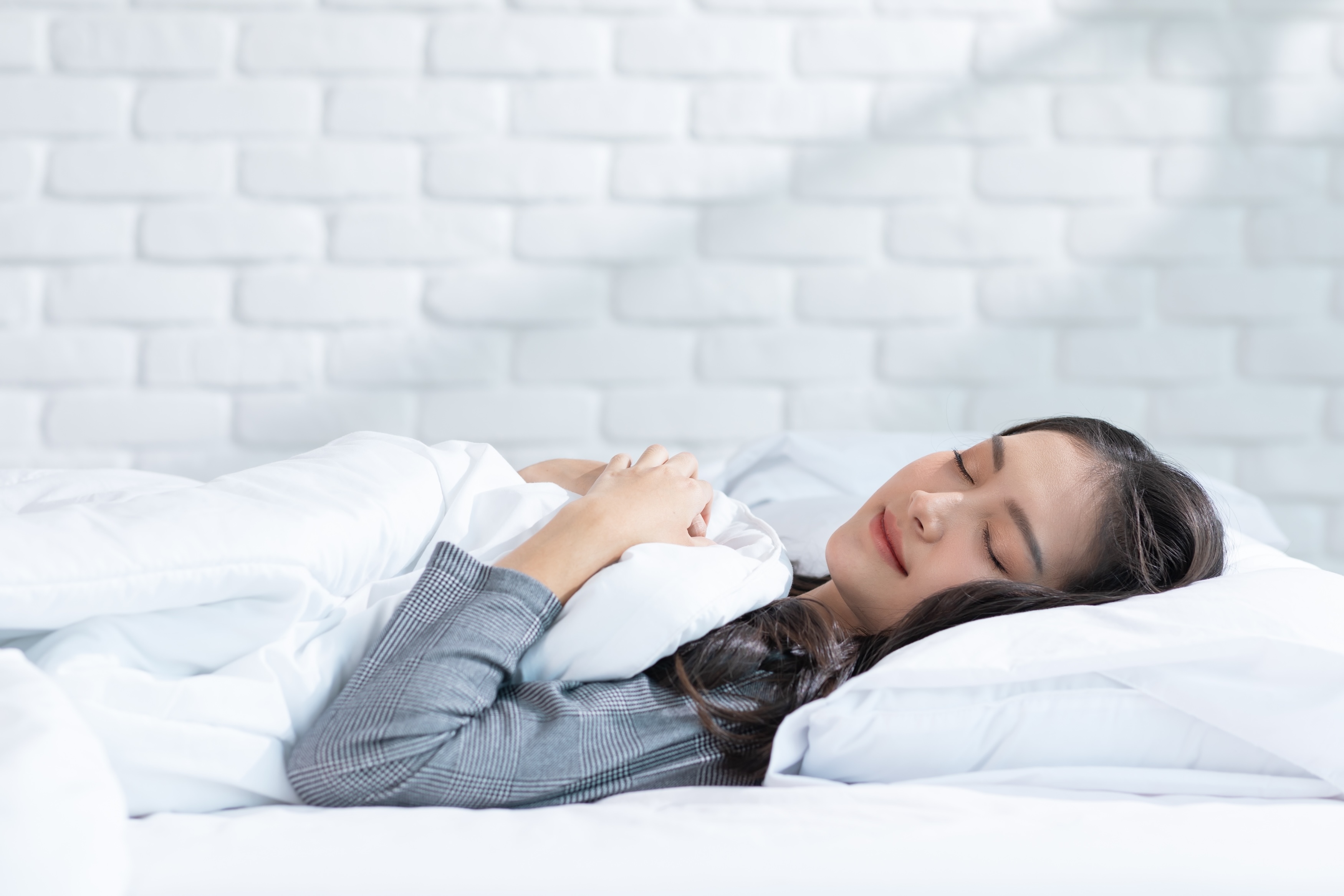
IDS Group

We often hear about the importance of "beauty sleep," but how much of this is just a saying, and how much is backed by science? As it turns out, our skin follows its own internal clock, influenced by our body's circadian rhythm. When our sleep cycle is disrupted, it can have significant effects on skin health.
The Role of the Circadian Cycle in Skin Health
Our bodies operate on a 24-hour circadian rhythm, influencing everything from hormone levels to digestion—and yes, even skin health. The skin has its own rhythms, known as ultradian rhythms, which regulate essential functions such as sebum secretion and trans-epidermal water loss (TEWL). When the body’s circadian cycle is thrown off—due to factors like irregular sleep patterns, exposure to artificial light, or jet lag—skin function can be affected as well.
While the body follows a circadian rhythm, the skin exhibits additional independent cycles. These ultradian rhythms regulate hydration, oil production, and repair mechanisms. If the body’s circadian rhythm is out of sync, it may indirectly disrupt the skin’s processes, potentially leading to dehydration, excess oiliness, or impaired barrier function.
One key player in skin hydration is Aquaporin-3, a protein responsible for transporting water and glycerol through the skin. Studies suggest that disturbances in the circadian rhythm can affect the genes regulating Aquaporin-3, leading to increased TEWL and reduced moisture retention. This means that poor sleep habits may directly impact the skin’s ability to stay hydrated and plump.
When sleep cycles are irregular or disrupted, the skin can suffer. Studies have linked disrupted circadian rhythms to skin conditions such as psoriasis. Additionally, imbalances in sebum production and increased TEWL can lead to dryness, irritation, and increased sensitivity.
Does Skincare Application Timing Matter?
Given that the skin’s needs fluctuate throughout the day, skincare routines can be optimized by considering these natural cycles. Research suggests that certain products are more effective when applied at specific times:
- Morning: Since sebum production is highest, oil-controlling or mattifying products can help balance the skin.
- Evening: The skin undergoes repair and experiences the most moisture loss at night, making it the ideal time for using potent moisturizers and rejuvenating ingredients like retinol.
The Role of Blue Light in Sleep and Skin Health
Modern lifestyles expose us to artificial blue light from screens, which can interfere with melatonin production, the hormone responsible for regulating sleep. Reduced melatonin levels can lead to disrupted circadian rhythms, which, in turn, affect skin health by impairing its natural repair processes and hydration levels.
Melatonin and Its Influence on Skin
Melatonin isn’t just crucial for sleep—it also plays a role in skin health. This hormone helps regulate the skin’s circadian rhythm, and when levels are low due to sleep disturbances, the skin may become more susceptible to oxidative stress and premature aging.
Melatonin-infused skincare products have gained popularity for their antioxidant and free-radical-scavenging properties. While topical melatonin can help counteract some of the oxidative damage caused by environmental stressors, maintaining a proper sleep schedule remains the most effective way to support the skin’s natural circadian cycle.
Beauty Sleep: More Than Just a Myth
The term "beauty sleep" is more literal than we once thought. Consistent, high-quality sleep supports a well-regulated circadian rhythm, which in turn promotes optimal skin function, hydration, and repair. Prioritizing good sleep hygiene—reducing blue light exposure before bed, maintaining a consistent sleep schedule, and using targeted skincare products—can help ensure that both your body and skin function at their best.
So, the next time you’re tempted to sacrifice sleep for a late-night binge-watch session, remember: your skin will thank you for a full night of rest!
Our Clinic Locations
-
Novena Specialist Center
8 Sinaran Drive, #05-09 to 10
Singapore 307470 -
International Building
360 Orchard Road
#02-02 International
Building, Singapore 238869










